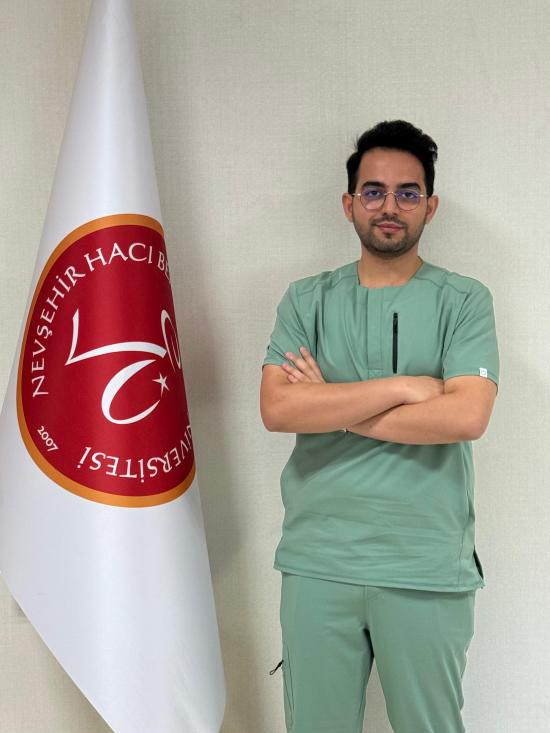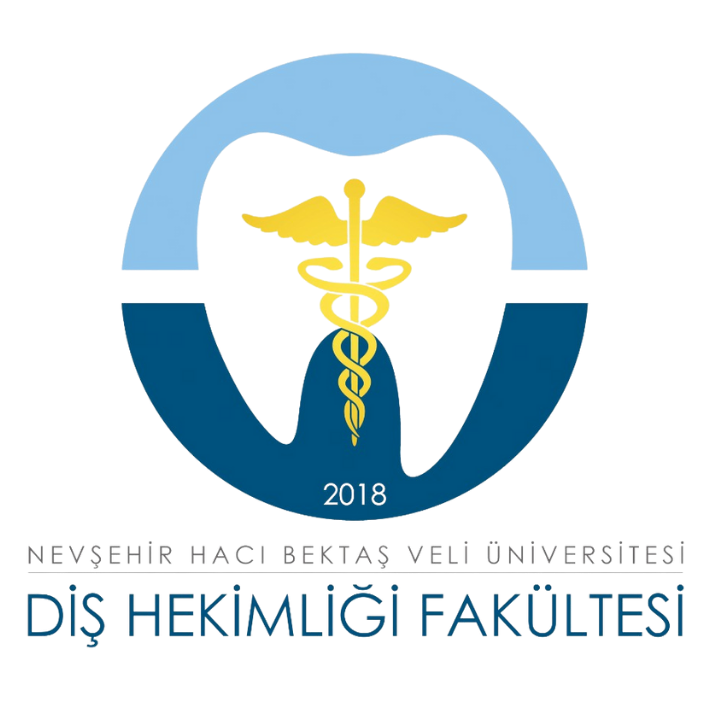Periodontology is the science that examines the supporting tissues surrounding the teeth and deals with the diagnosis and treatment of diseases seen in these tissues. These tissues that support the teeth and connect them to the jaws; gingiva (gums), alveolar bone (bone surrounding the tooth), cementum (tissue covering the root surface) and periodontal ligament (soft tissue connecting cement and alveolar bone).
When the teeth are not brushed regularly and correctly, or the interfaces of the teeth are not cleaned with dental floss or interdental brushes, the food residues that accumulate around the teeth turn into an organized structure called bacterial plaque over time. These deposits, which we call bacterial plaque, are responsible for dental caries and gingival inflammation, and over time, they form tartar with the effect of saliva. Dental calculus and bacterial plaque can cause recession of the gums, decrease in the support bone around the teeth, bad breath, bleeding in the gums, mobility in the teeth and even loss of teeth.
Periodontal diseases, also known as gum diseases, can be prevented or significantly slowed down by regular and correct use of toothbrush, dental floss and interdental brush, even if having genetic predisposition. Providing oral hygiene in addition to regular dental check-ups plays a key role in preventing both periodontal diseases and other dental diseases such as dental caries.


Assoc. Prof. Dr. Mehmet GÜL

Assoc. Prof. Dr. Fatih KARAYÜREK

Research Assistant Sultan YILDIZ

Research Assistant Beyzanur HEPŞEN

Research Assistant Furkan DÖKMETAŞ

Research Assistant Ayşe Nur ERTEK

Research Assistant Mehmet Faruk BÜYÜKKİRAZ

